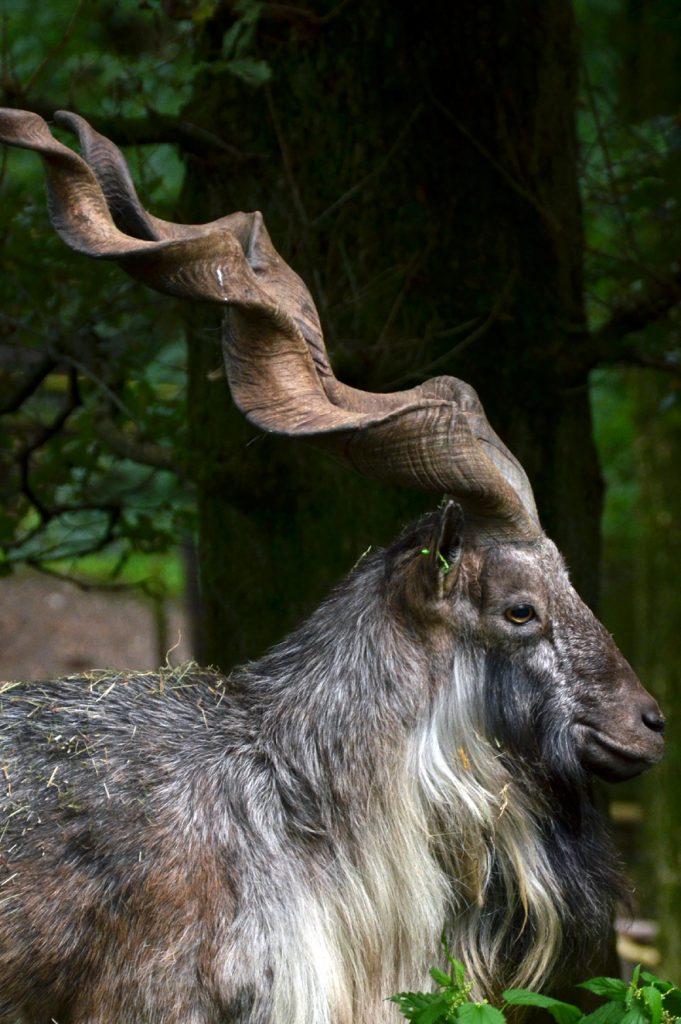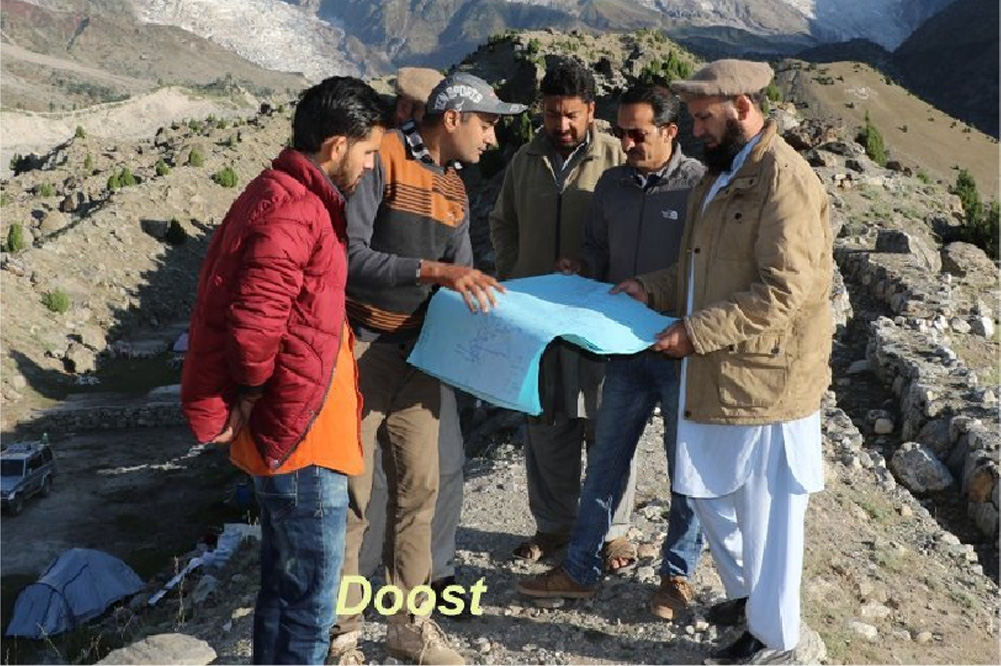Community-based Conservation of Markhor in Pakistan
Markhor are an important species in this ecosystem; as the only wild ungulate and large prey for snow leopards. The markhor is also a cultural icon to the people of Pakistan. These large mountain goats are exotic animals for hunter-tourists, and the unique hunting experience brings in plenty of international travelers, including SCI members. SCI Foundation has developed a partnership with the Wildlife Conservation Society (WCS) to continue the successful recovery of markhor in Pakistan.


Species involved: Markhor
Main project partner: Wildlife Conservation Society
Total SCIF Investment: $50,000
Year SCIF began involvement: 2016 (Timeline: 2016-2020)
Project Objectives
- Train and deploy local wildlife rangers to monitor and protect wildlife, including markhor.
- Maintain a permanent, locally co-managed monitoring program to assess and monitor trends in markhor populations.
- Support and improve capacity to facilitate community-based management of natural resources to protect markhor.
Anticipated Outcomes
Maintain a permanent, locally co-managed program to assess and monitor trends in markhor populations. Perhaps the most impressive global indication of this success has been the recent 2015 IUCN Red List down-listing of markhor from ‘Endangered’ status past the next level (“Vulnerable”) to “Near Threatened.” This almost unprecedented two-step down-listing shows the extent with which this form of community based conservation can succeed, as local people have taken responsibility for successfully protecting markhor as their iconic emblem of these mountains.

Since 2000, SCI Foundation has provided more than $80 million to promote science-based conservation through wildlife research, capacity building in governments, youth and teacher education, and humanitarian programs that show the importance of the hunting community in society around the world. Growth of SCI Foundation has continued to gain momentum through charitable donations from SCI members and direct grants from local chapters and the SCI organization. Throughout the world, SCI’s approximately 50,000 members and 190 chapters contribute time, talent, and financial support to local, national, and international projects.
